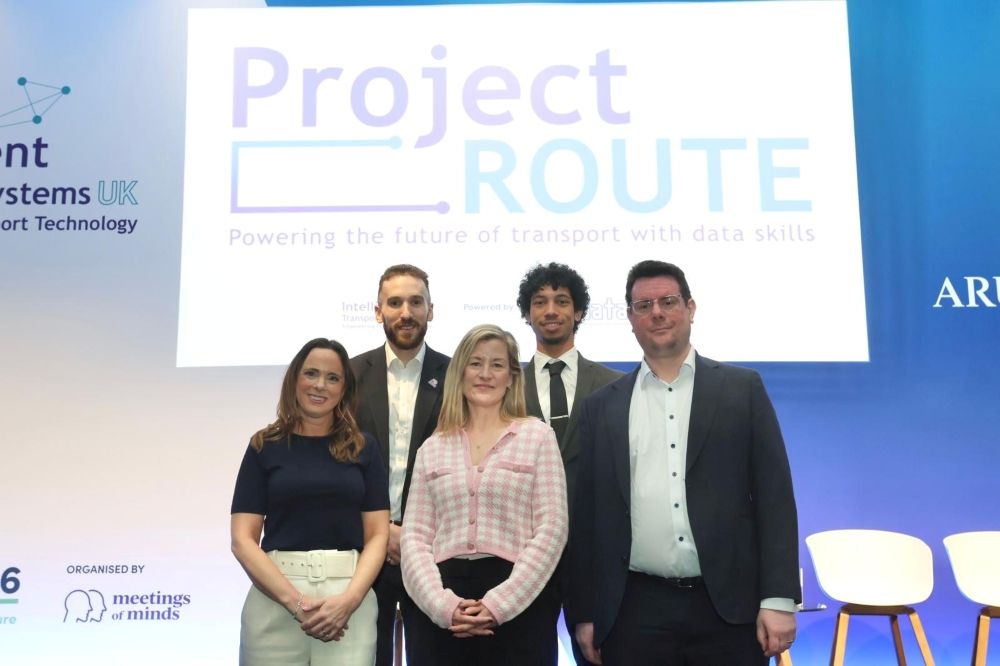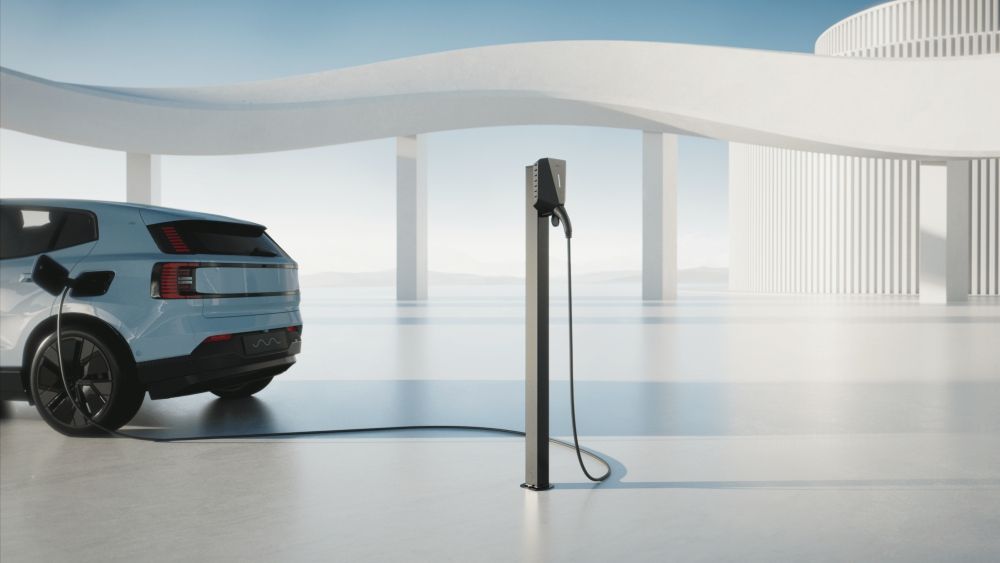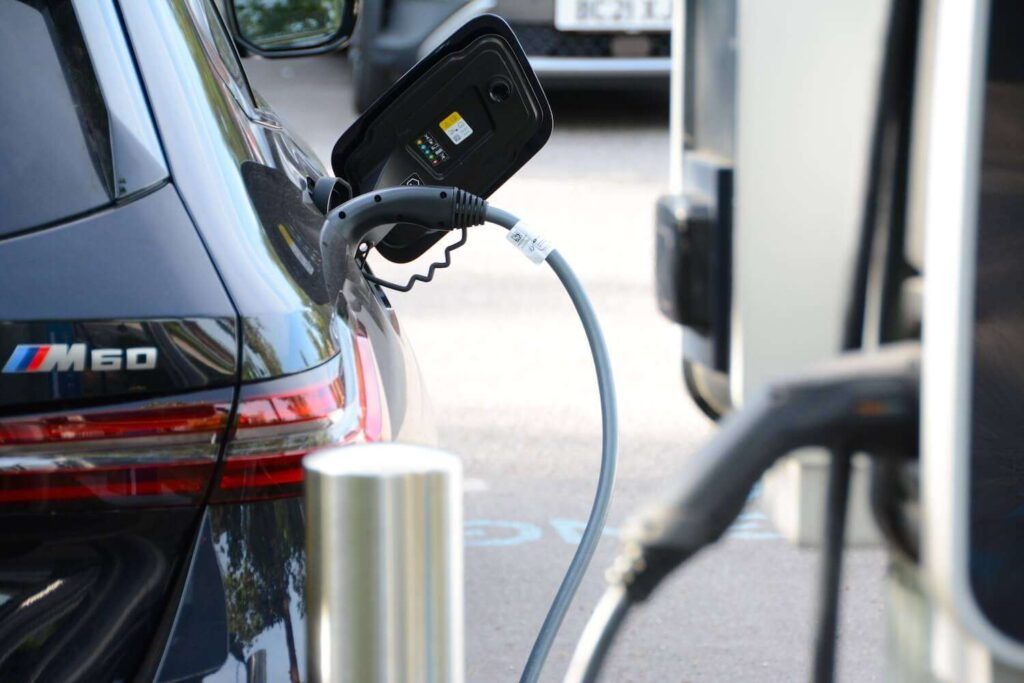The research is part of a £20m programme which will play a significant role in the government’s transport decarbonisation plan that includes a commitment to end the sale of fossil-fuel goods vehicles by 2040.
Working in collaboration with UK partners Honda R&D Europe (UK), TRL and Miralis, alongside Honda R&D from Japan, the £1.1m ElectroRoad project, let via the £20m Zero Emission Road Freight funding competition managed by Innovate UK, will complete a comprehensive study into an innovative dynamic charging system to support the decarbonisation of the road network.
The technology is designed to charge electric vehicles on the move to help them travel longer distances without needing to recharge their batteries. The ElectroRoad project will complete an assessment of the UK Strategic Road Network to consider how best to deploy Honda’s side conductive power technology in the UK and to identify suitable locations for future field trials.
This latest research project follows on from a previous tranche of funding from Innovate UK for research into autonomous vehicles and the UK motorway network last year.
David Lowery, Galliford Try’s Managing Director of Highways, said: “As an organisation we are not only committed to achieving Net Zero Carbon in our own operations by 2030 but also supporting our clients and the communities we serve to achieve their own sustainability goals.
“We recognise the significant challenges around decarbonisation of road freight vehicles and we are delighted to be working in collaboration with our partners and stakeholders to lead positive lasting change in our industry, playing a significant part in the rollout of zero emission technologies.”
Jon de Souza, Galliford Try’s Innovation and Research Lead, said: “This is an exciting time for the built environment sector and this award of funding for the ElectroRoad project has once again demonstrated Galliford Try’s strong commitment to innovation. We are delighted to be at the forefront of research into the deployment of technologies which could have considerable economic, social and environmental benefits in years to come.”
Image: Shutterstock












